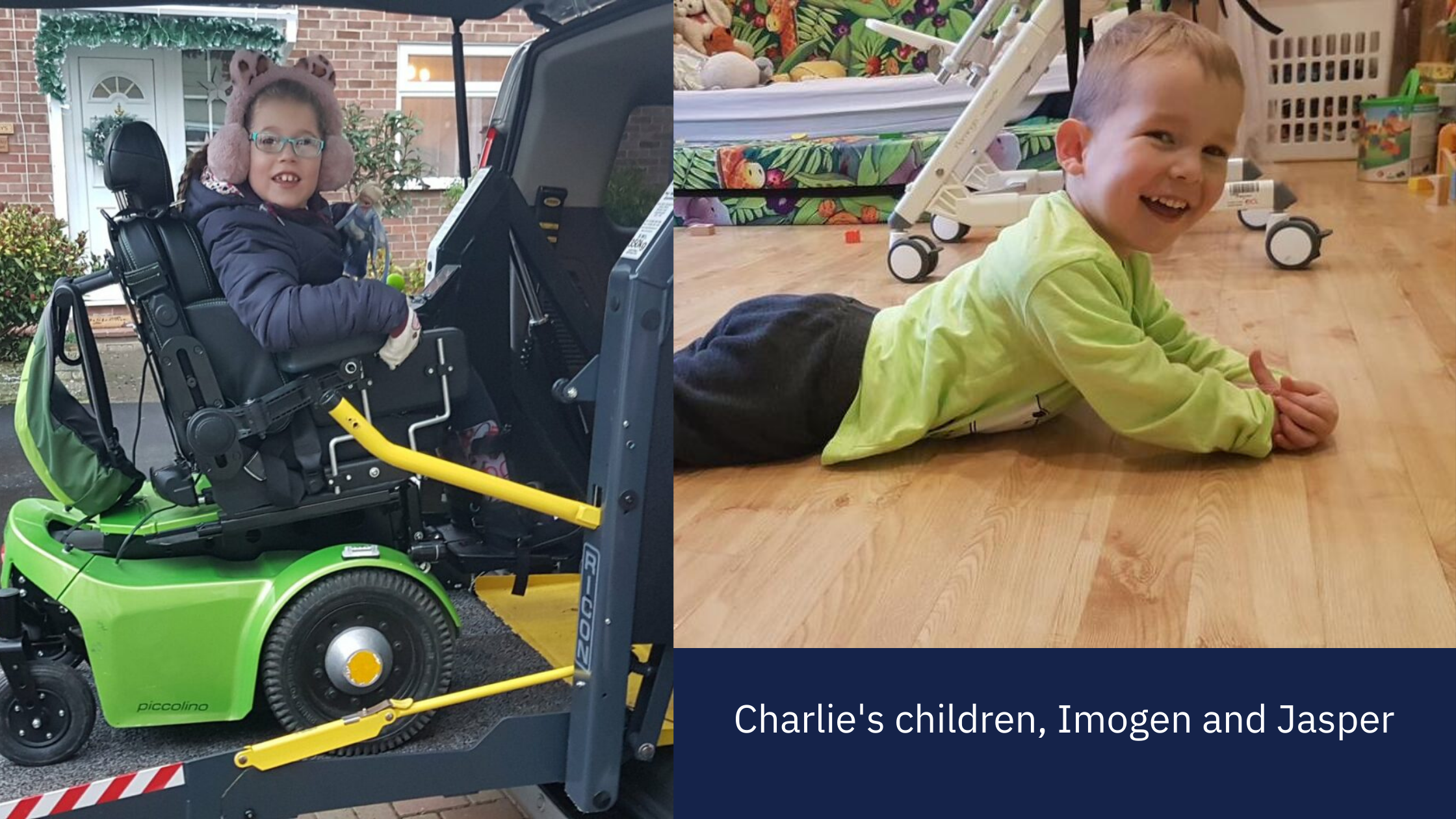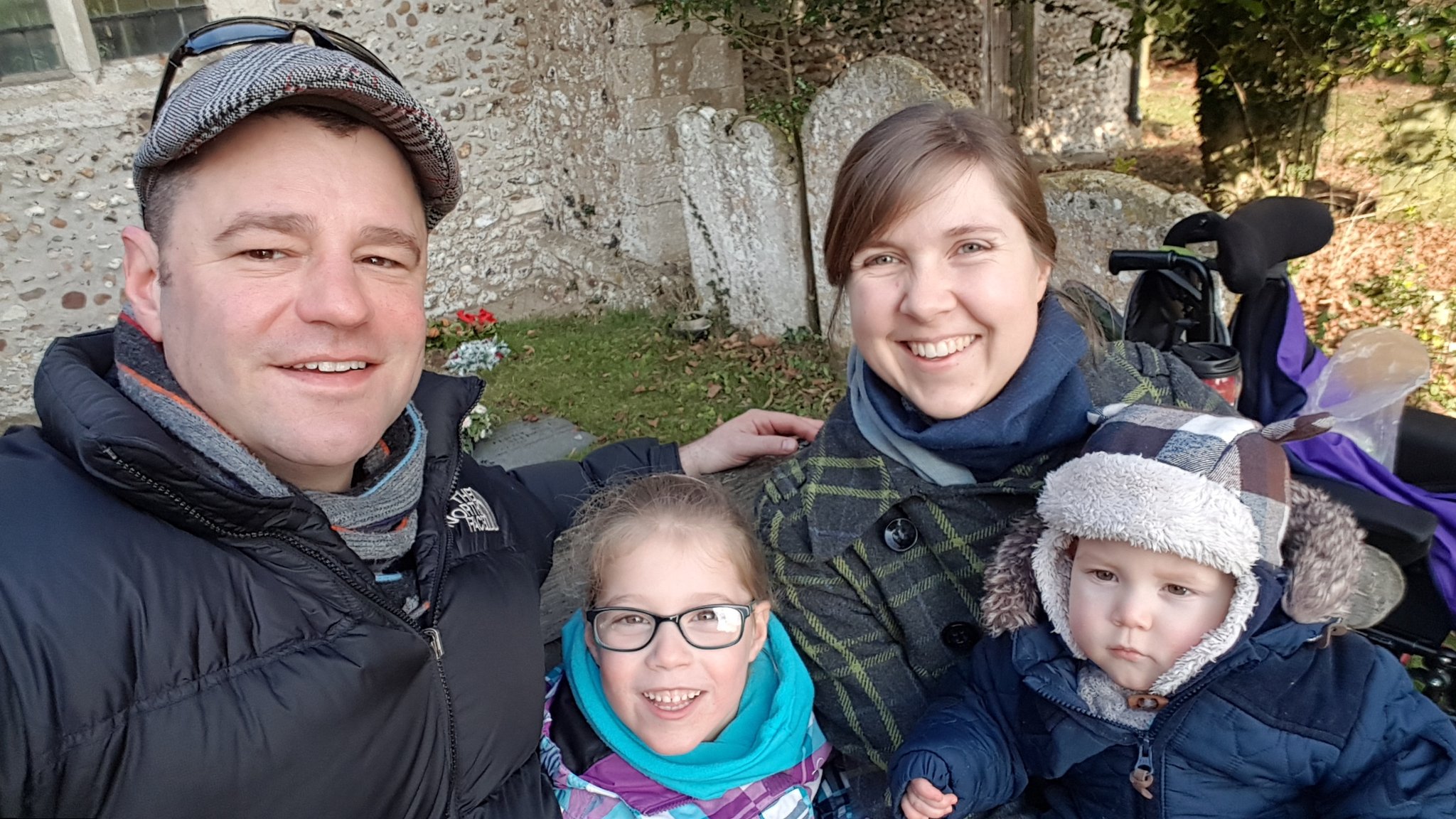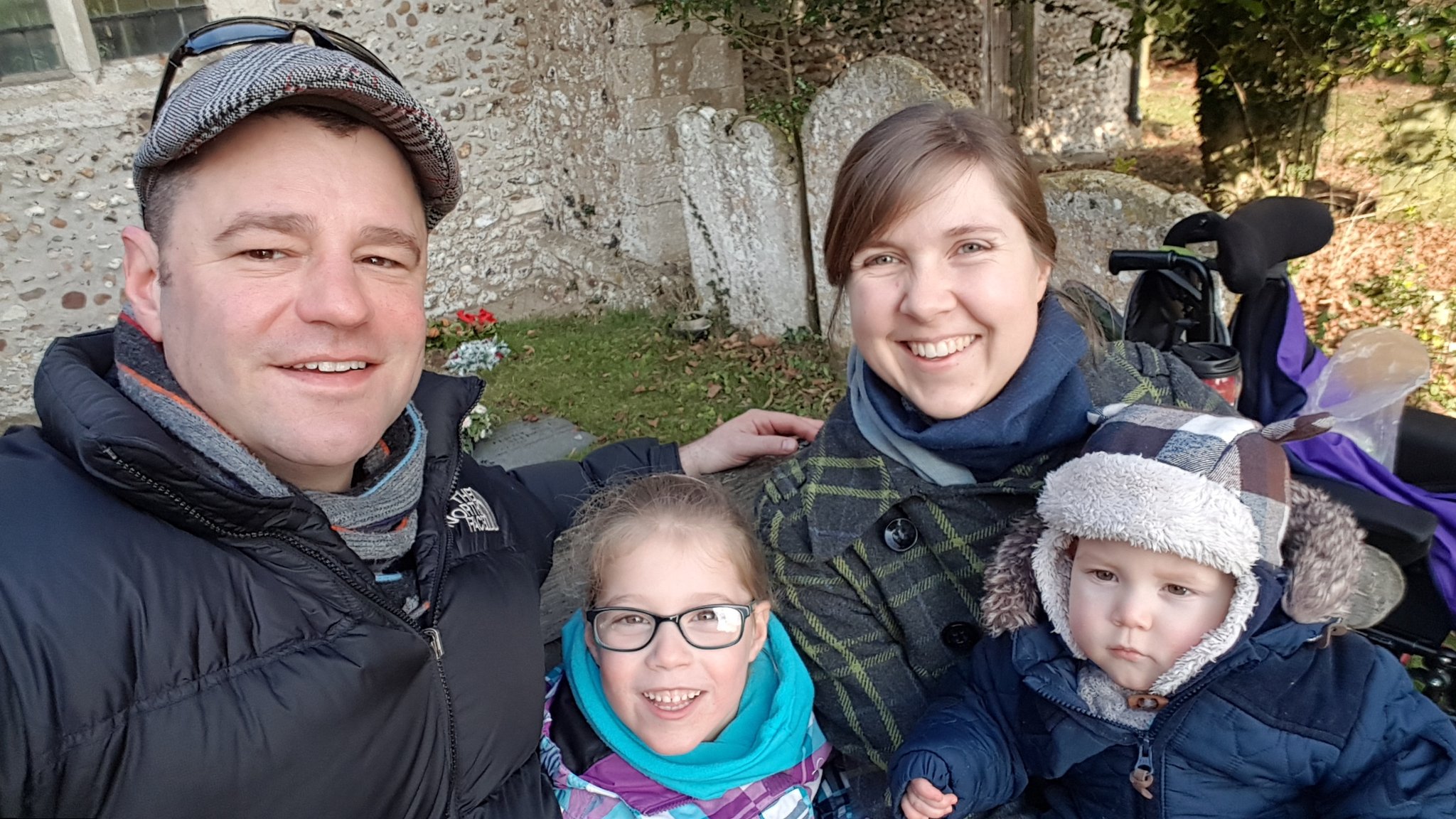Congenica’s Patient Advocacy and Engagement lead, Dr Charles Steward, has been elected to the International Cerebral Palsy Genome Consortium Governance Council (ICPGC GC).
Dr Steward said of his appointment: “I am genuinely thrilled to be able to join the ICPGC GC and work alongside this fantastic group of scientists and clinicians who are looking into the human genome for answers to why cerebral palsy (CP) occurs.
"CP is still considered by many people to be a result of an "accident" at birth, but we now know there are genetic drivers behind many cases. However, unlike, for example, cancer and heart disease, very little effort is being spent on CP, despite it being the most common physical disability in childhood. At least 1 in 4 children with CP have an underlying rare genetic disease cause, which means there is an enormous potential for genomics to support the early diagnosis and treatments for people with CP.

“As well as being a genome scientist, I am a patient advocate and the father of two young children with severe CP, neither of whom can stand and have limited or no speech. I hope I can bring the much-needed parent and patient advocate perspective to the GC team and to help keep the ICPGC community aligned with their goals. I am a passionate patient advocate and believe that the voice of the patient is hugely powerful in driving research and ultimately precision medicine”.
Professor Jozef Gecz, PhD, FAA, FAHMS, FFSc(RCPA), Chair ICPGC, said: "We are truly excited and privileged to welcome Charlie to the ICPGC Governing Council. Charlie is a well-recognized and respected professional in human genomics, parent of children with CP and a dynamo with bottomless enthusiasm, motivation and energy to help those less fortunate. We all at ICPGC are very much looking forward to work with Charlie to make a difference."
Cerebral Palsy – the facts
Like the cumulatively common rare diseases, CP is an enormous cause of global disability and is a huge economic burden to both families affected and healthcare providers. It is a lifelong condition, and the physical disability increases with age.
CP impacts around 17 million people worldwide and the facts speak for themselves:
- 1 in 2 children with CP have intellectual disability
- 1 in 3 cannot walk
- 1 in 4 cannot talk
- 1 in 4 has epilepsy
- 1 in 4 has a behavior disorder
- 1 in 10 is blind
- 1 in 25 is deaf
- 3 in 4 have chronic pain
 Charlie with his family
Charlie with his family
The ICPGC
The ICPGC was formed in 2017 at the first meeting in Adelaide, South Australia and now has representation from at least ten different countries.
The ICPGC aims to achieve its goal ‘to work as an integrated, collaborative international network of clinicians, researchers, and advocates in order to unlock the molecular basis of cerebral palsy using genomics and related tools, and to facilitate the development of novel therapies to improve the health and quality of life of individuals with cerebral palsy’, by advancing a common infrastructure of genomics and clinical data, and harmonizing approaches to enable effective and responsible sharing of genomics.
Patient Advocacy and Engagement at Congenica
A desire to improve the lives of people living with rare and inherited diseases is central to everything we do at Congenica, and our patient advocacy and engagement initiative aims to ensure the patient voice is heard loud and clear inside the company.
Reference
Novak, I. et al. Clinical prognostic messages from a systematic review on cerebral palsy. Pediatrics 130, e1285-1312 (2012)


.png?width=320&height=192&name=Untitled%20design%20(8).png)
.png?width=320&height=192&name=Since%202016%2c%20the%20number%20of%20women%20working%20in%20STEM%20fields%20in%20the%20UK%20has%20increased%20by%20216%2c552%2c%20taking%20the%20total%20number%20over%20the%201%20million%20mark%20for%20the%20first%20time.%20Women%20now%20make%20up%2024%25%20of%20the%20STEM%20workforce%20i%20(2).png)
-1.png?width=320&height=192&name=Deciphering%20Developmental%20Disorders%20(1)-1.png)